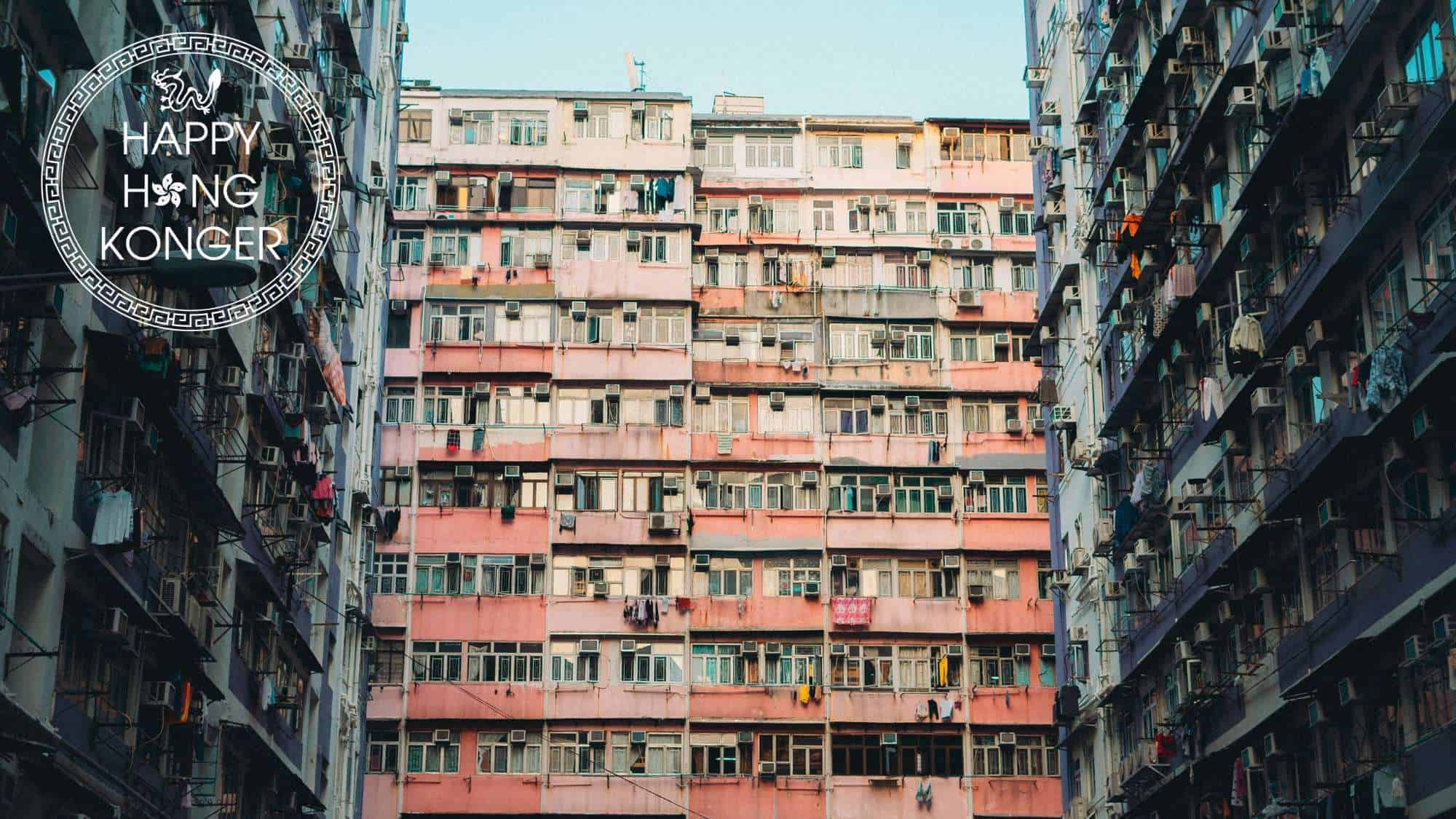Categories > Guides and Tips

Why Property Prices in Hong Kong are Insanely High
Imagine paying a fortune for an apartment that can only fit a bed and a desk in the middle of a busy city with constant noise and pollution. It doesn’t sound like ideal living conditions, does it?
Unfortunately, this is the reality for a lot of residents in Hong Kong because the property prices here have hit unimaginable heights. Why, though?
We’ll answer that! Today, we explore the factors behind Hong Kong’s insanely high property prices, figure out its unpleasant consequences to society, and more.
1. Why are property prices so high in Hong Kong?
There are several reasons why property prices are so high in Hong Kong. This includes limited land, wealth gap, lack of affordable housing, and high demand.
We expand on all of this further below.
Limited Land
Hong Kong is a small city that’s densely populated. To make matters worse for its property prices, there’s also limited land available for development. The limited land supply is a significant factor driving up property prices because the demand is greater than the supply.
Wealth Gap
In a global setting, Hong Kong has some of the highest income inequality in society. Between the rich and the average population, there’s a significant difference between the two.
A lot of the rich continue to buy land, invest in real estate, and then use those investments as profit sources, which often ends up making the prices unreachable for the ordinary citizen.
Lack of Affordable Housing
Hong Kong has a housing crisis, which means that the city has a grave shortage of affordable housing for the majority of its population. As with the limited land supply, this imbalance between availability and demand for affordable housing results in an increase in property prices.
High Demand
Hong Kong is a hub for a lot of financial investments from all over the globe. It attracts a lot of investors and buyers from different parts of the world, and these buyers are amont the ones purchasing assets in the real estate sector.
As such, this increasing demand for property from both local and international buyers further contributes to high prices.
2. What steps is the Hong Kong government taking to control property prices?
These are the steps the Hong Kong government is taking to control property prices: starting the Lantau Tomorrow Vision project, making public flats 50% cheaper than private ones, and building more co-living spaces.
For a detailed explanation, read on!
Lantau Tomorrow Vision Project
Lantau Tomorrow Vision Project is an ongoing development project that aims to create 1,700 hectares of artificial lands to supply around 260,000 – 400,000 homes for 700,000 – 1.1 million of the population.
The plan is to do a land reclamation around Kau Yu Chau and Hei Ling Chau, which is located at Lantau Island’s eastern waters. While this sounds promising, this has sparked debate and negative reactions among critics because of how expensive the project is.
The government announced that they would spend about HK $400 to $500 billion for this project alone in 2018. Moreover, at the end of 2022, they increased the budget to HK$580 billion.
Despite the criticism, the project continues. It’s set to be completed in 2033.
Making Public Flats 50% Cheaper Than Private Ones
The Home Ownership Scheme or HOS program’s goal is to make available public flats cheaper by 50% than the private flats in the city.
Part of this policy aims to motivate tenants with a comfortable financial status to move out, so that other tenants who are in need of affordable housing can move in instead.
Now, while the policy doesn’t directly urge high-income tenants to find other available housing, the HOS can indirectly facilitate the movement of rich tenants.
For example, with the availability of more affordable housing, the government can meet the housing needs of more low-income tenants. This reduces the pressure on private rental properties, making the rent there cheaper as well… which results in rich tenants moving out to prioritize higher-quality private housing over public flats.
This program also aims to help those who are struggling to find affordable housing. It gives them the opportunity to own their own property.
Building More Co-Living Spaces
The government is also building co-living spaces created out of old buildings. There are different accommodations available, like single and twin rooms or bunk beds.
While this isn’t ideal, especially for families, it’s a great temporary solution to the housing problem.





